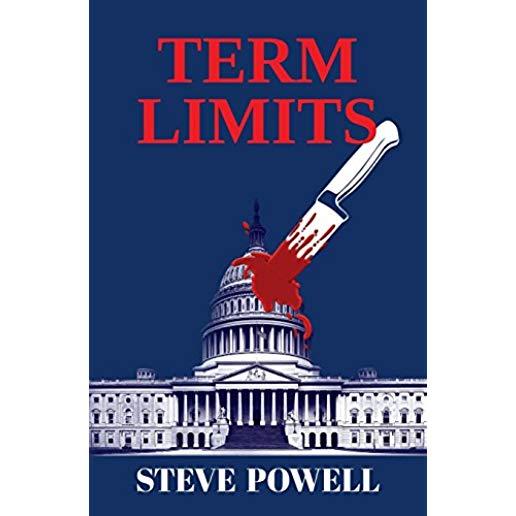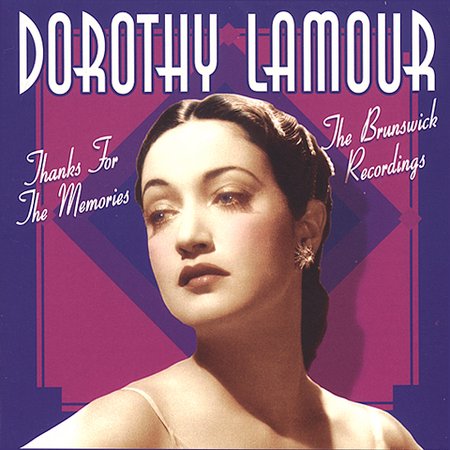
description
1What is fascism in the twenty first century? What does Fascism mean at the beginning of the twenty-first century? When we pronounce this word, our memory goes back to the years between the two world wars and envisions a dark landscape of violence, dictatorships, and genocide. These images spontaneously surface in the face of the rise of radical right, racism, xenophobia, islamophobia and terrorism, the last of which is often depicted as a form of "Islamic fascism." Beyond some superficial analogies, however, all these contemporary tendencies reveal many differences from historical fascism, probably greater than their affinities. Paradoxically, the fear of terrorism nourishes the populist and racist rights, with Marine Le Pen in France or Donald Trump in the US claiming to be the most effective ramparts against "Jihadist fascism". But since fascism was a product of imperialism, can we define as fascist a terrorist movement whose main target is Western domination? Disentangling these contradictory threads, Enzo Traverso's historical gaze helps to decipher the enigmas of the present. He suggests the concept of post-fascism--a hybrid phenomenon, neither the reproduction of old fascism nor something completely different--to define a set of heterogeneous and transitional movements, suspended between an accomplished past still haunting our memories and an unknown future.
member goods
No member items were found under this heading.
Return Policy
All sales are final
Shipping
No special shipping considerations available.
Shipping fees determined at checkout.







